Inevitably you will find yourself in a room where no one else is like you. They might not look like you, speak like you, pray or love like you or think like you. Managing to be effective in all contexts is an essential part of your journey towards reaching your full potential and so we asked some brilliant members of the community to share their stories and advice.
Anita Gonzalez
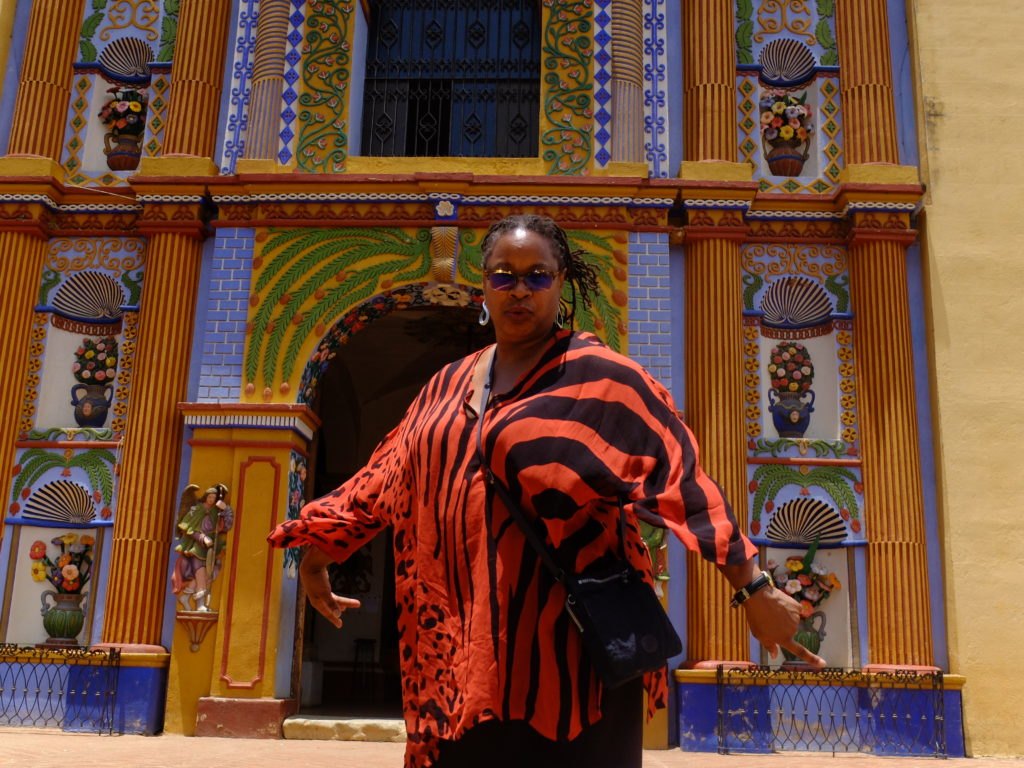
When I am the only person in the room who looks like me, I have learned to be successful by observing and assessing social interactions. I like see how I am received and what kinds of questions people ask me. I am prepared to have to explain my role, Often, I seek inclusion by describing my accomplishments. At times this looks like referencing situations or circumstances that may be familiar to those in the room (I know that restaurant, I taught at that school, etc). There are also times when I am the special guest, or center of attention, because I am the only person in the room who looks like me. On those occasions, it’s important to honestly share my stories and experiences so that the listeners will learn more about my perspectives. Read More>>
Tiffany
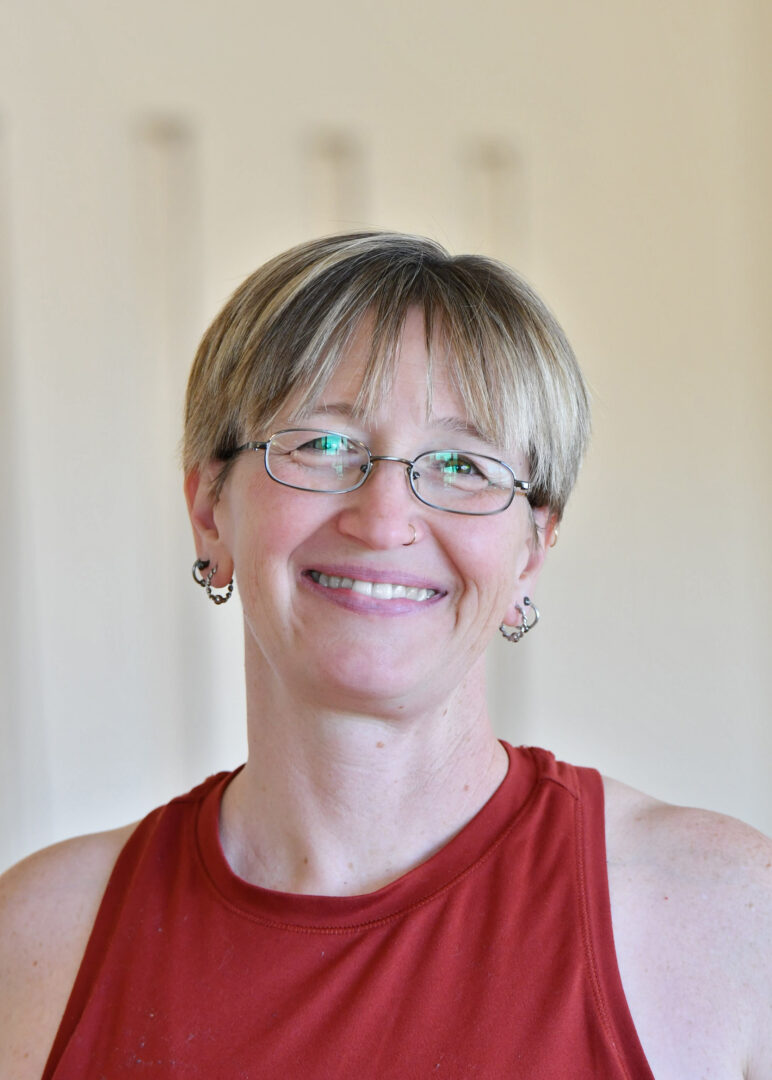
In Yoga spaces, I am almost always the most overweight person in the room. Often the stiffest/least range of motion and poorest balance. And possessed of plenty of fear. For most of my life, I struggled with self esteem issues related to being overweight, nonathletic, clumsy. I was bullied in elementary and middle school for it, and this grew into never feeling adequate even in my adulthood with a successful career. Read More>>
Shatoyia Jones-Medor
In addition to being “Queen of Self Mastery,” I am known for claiming to be “ageless.” Not because I am ashamed of my age, but because I refuse to mentally or psychologically put myself into a box, or allow others to plant seeds of mediocrity and doubt within me. I have fully embodied 1 Timothy 4:12 and 1 Peter 3, which sums out my mindset on how I have learned to be effective / successful when I am THE ONLY in the room. I enjoy being set apart and striving for excellence. In short, life is better in excellence than mediocrity though the responsibility is greater too. Read More>>
William Tseng

Treating an extremely rare cancer often puts me in a situation where amongst my peers I feel like the “only one in the room.” While being respectful of my colleagues for what they do, there is frequently a palpable sense of being regarded as less important due to the rarity or perhaps unfamiliarity with this disease that I treat. Priority is placed on what is more common and dare I say, what attracts the most attention. Even so, quietly, intentionally and confidently, for these often very complex and challenging cases, I have learned to be effective and successful, leveraging my specialized training, knowledge and experience and supported by the small circle of colleagues around the world who do recognize that this IS a priority, especially for the patients that are so deeply impacted by this disease. Read More>>
Mary Walter
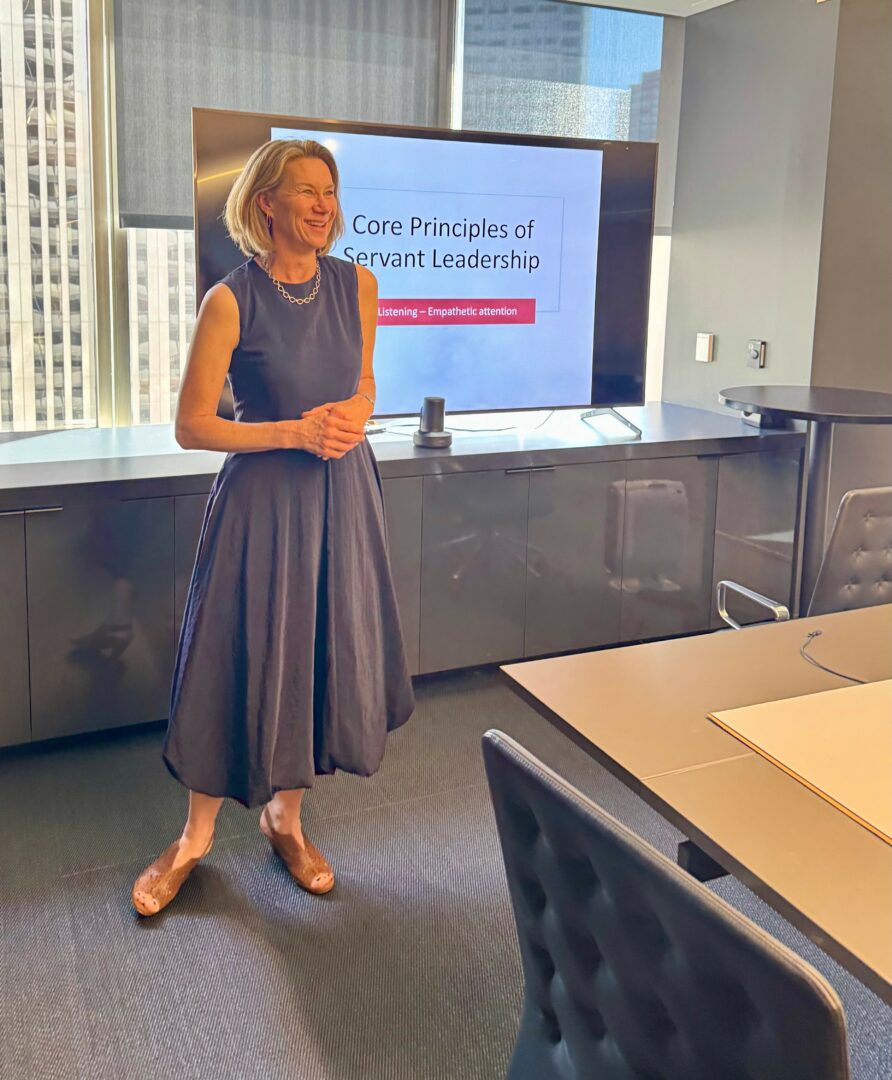
I have learned that being the only one in the room who looks like you is easier when you see people as individuals, not as categories. Yes, there were times it felt awkward to be the only woman in a group of men (and I am not a golfer), but those moments were often opportunities to learn, build friendships, and do meaningful work together. People tend to reflect back how you treat them, so I focused on approaching others with kindness, respect, and confidence. Read More>>
Nadia Nimalan
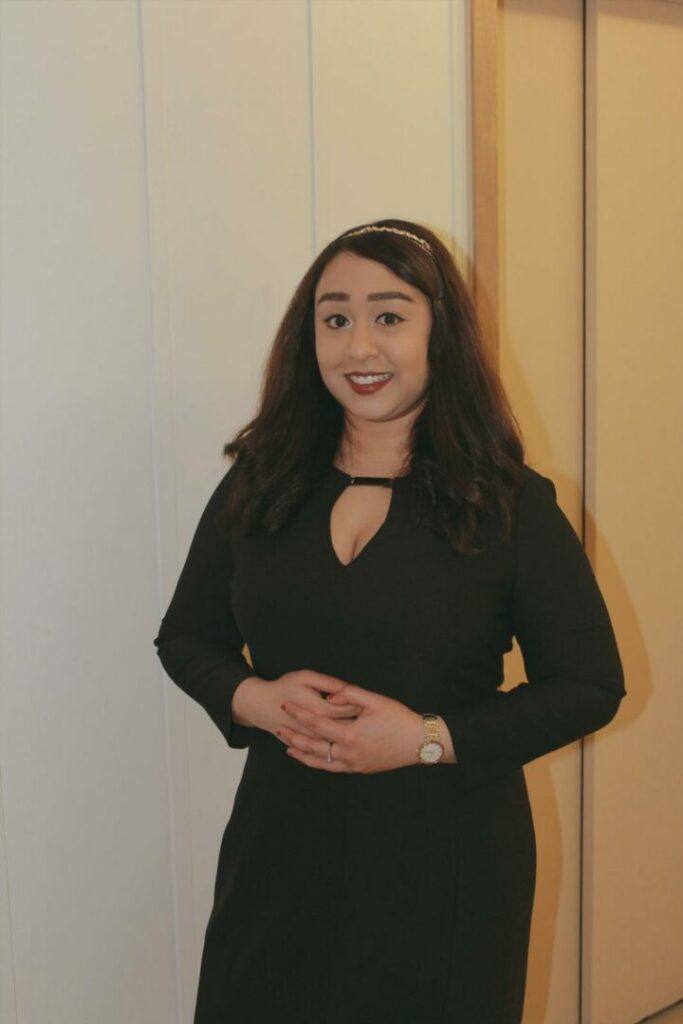
I think success is achieved by investing in yourself, such as how you choose to behave, the way you treat people and the company you choose to keep close. I believe it is important to have strong personal boundaries so that you can have the space to be creative and connect with like-minded individuals. One person cannot change the world alone, but a team of people can make a significant difference. I learned early in life that if I wanted to achieve something I had to think for myself. I came from a town made up of simple, hard working, small minded people. Read More>>
Shameka Thompson
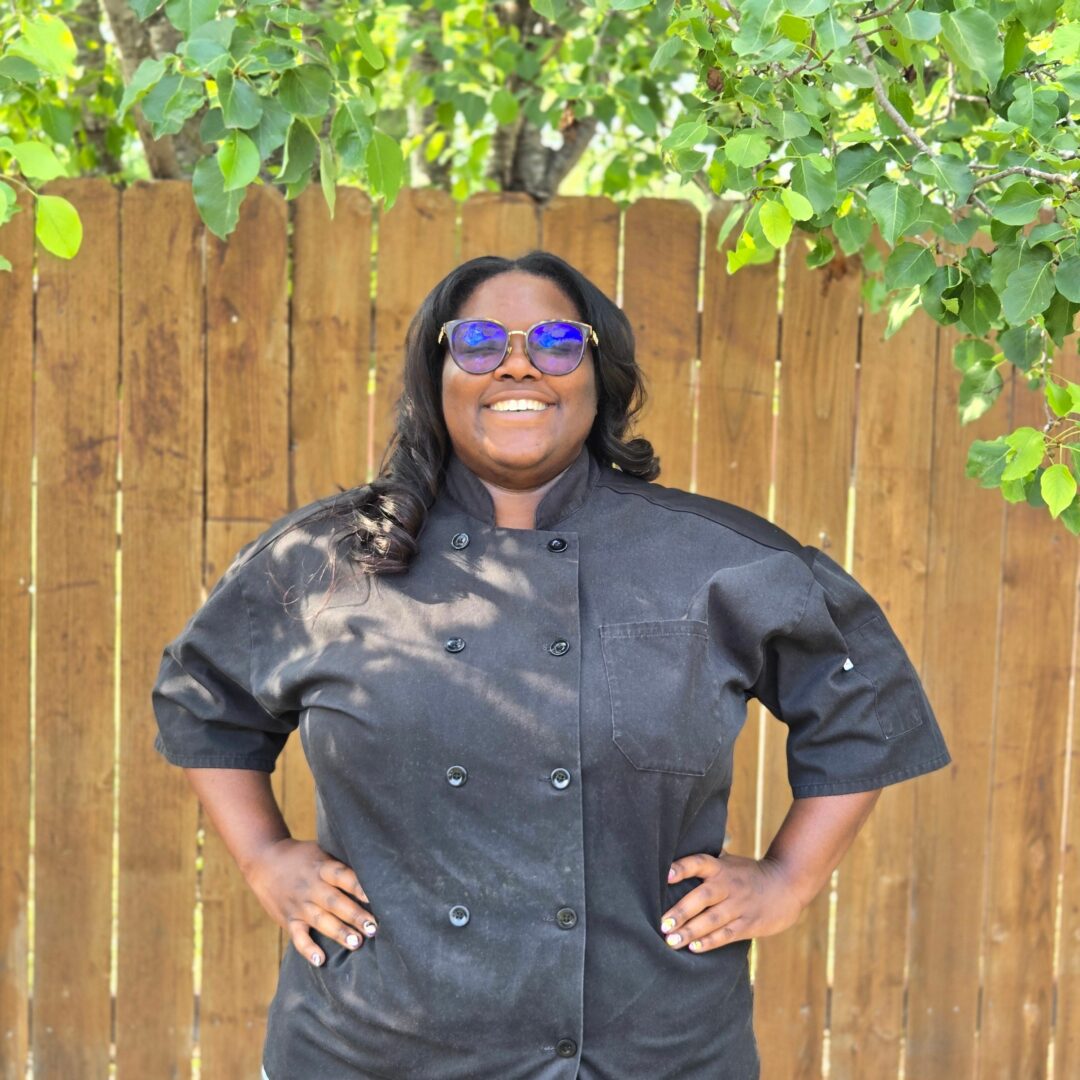
We’re in some strange times, and it feels like our country is experiencing economic uncertainty, political and social polarization. Though I make amazing confections, success is not always guaranteed. A customer’s support or patronage can feel conditional – tied to political or cultural alignment, rather than product quality. These things can cause lack of support and acceptance from every community. As a black woman, I’m prone to be stereotyped as lazy, rude, a thief or democratic. Yes, I’m Democratic, but I also have Republican values. Read More>>
Nuari Le Blanc
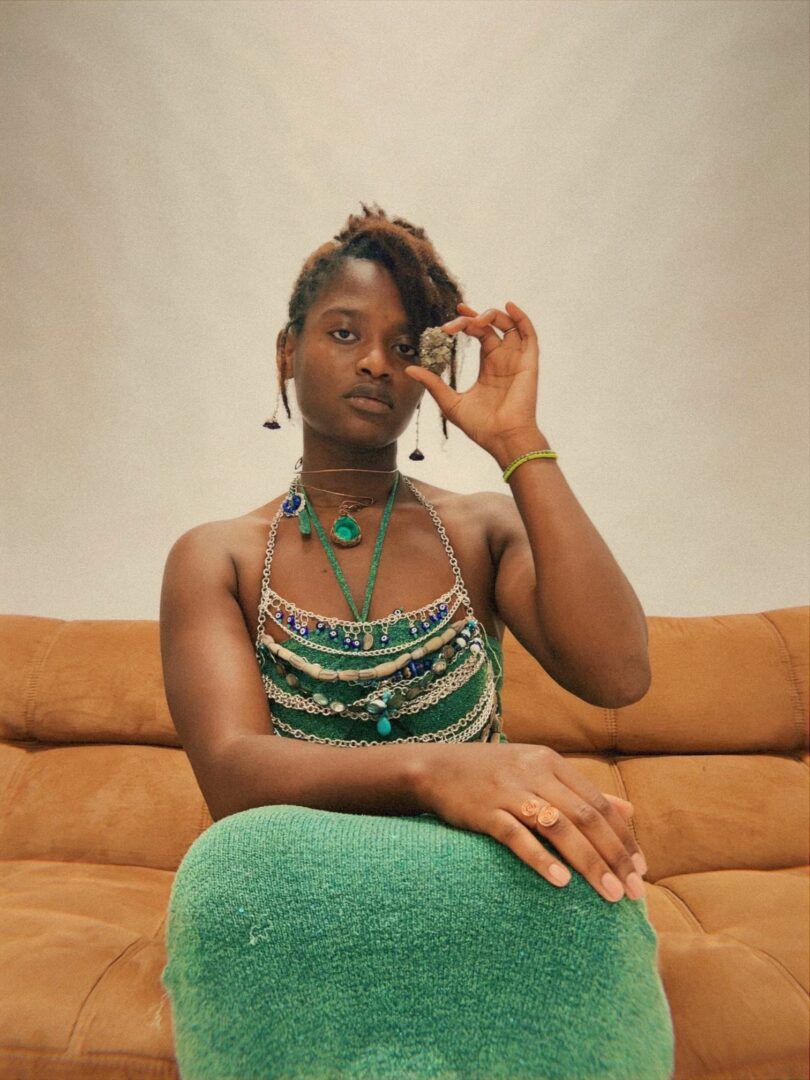
I learned how to be successful by being the only one in the room. Let me explain.
As a youth, I was a young entrepreneur. I started ‘The N’s Club’, which later changed to ‘Kiss The Jewel’, around 2008. We would vend at different markets — holiday markets, farmers markets, a local Kwanzaa event in Houston. I started vending there as a young person with my mom, my sister, and my cousin. We started our business as a group. Read More>>
Brittney Dayne
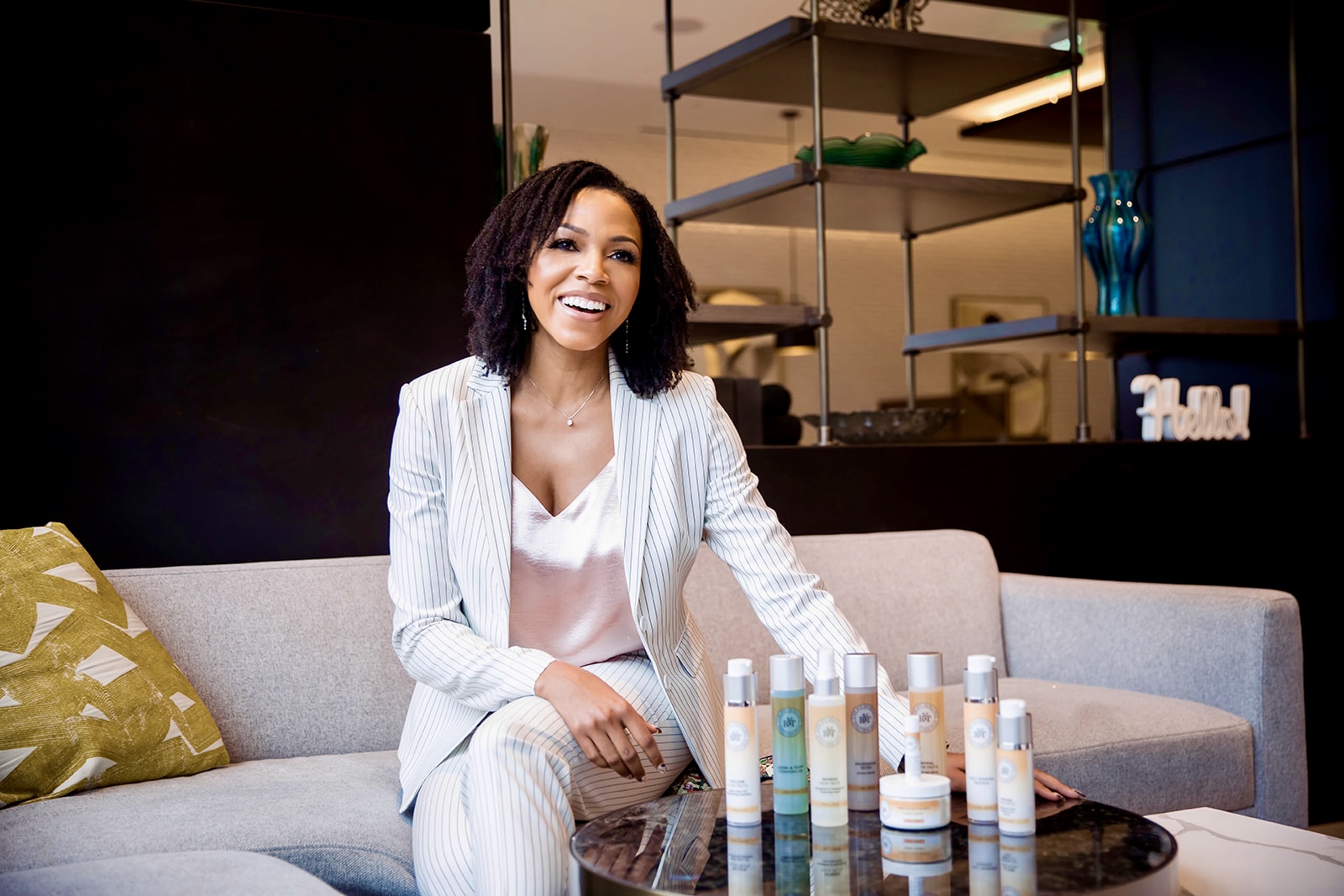
Whew, story of my life! I’ve been the “only one” for as long as I can remember. I was the smart Black girl in predominantly white schools, and the little Black girl in ballet class; classically trained but never chosen for certain roles because the choreographer wanted everyone to “look alike.” From the trauma of that little Black girl being overlooked to the pride and joy of becoming the first and only Black doctor bikini Olympian in the IFBB Pro League, my journey has taught me how to carry both pain and power in the same breath. Read More>>
Shivangi Chopra
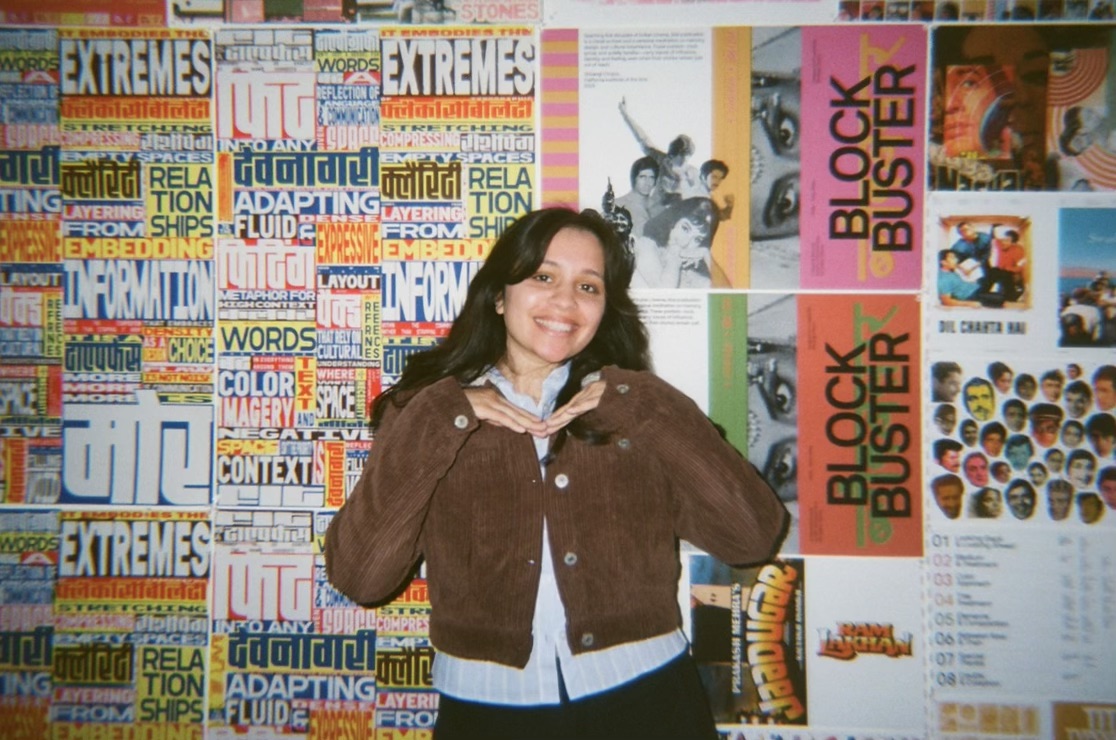
In my experience so far, representation is the backbone of survival, storytelling, and feeling seen, especially in a field like design that is rooted in language and community. So when you’re the only one in the room who looks like you, you’re often speaking a visual language that no one else understands. That can feel isolating, but it can also be a space for transformation. It’s taught me how to advocate for my perspective, articulate my instincts, and design with greater intention. Read More>>
Carsten Grandy-Richardson
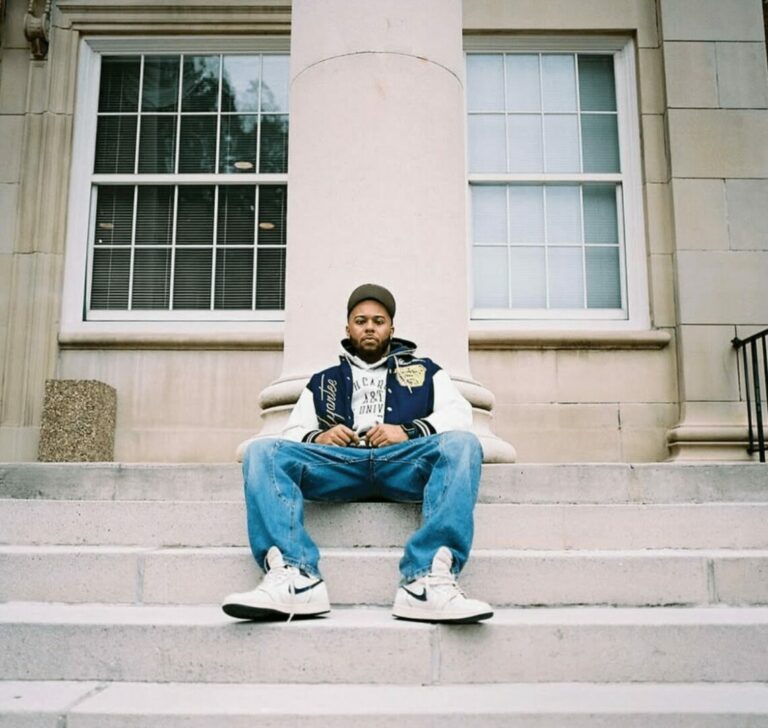
Being the only one in the room taught me how to trust my voice. Whether it was in boardrooms, classrooms, or creative spaces, I learned early that I couldn’t wait for validation. I had to lead with purpose, stay grounded in who I am, and let my work speak for itself.
What’s helped me stay effective is being clear about why I’m in the room in the first place. I represent more than just myself. I carry my story, my roots, and a bigger vision. Grandy was built on that foundation. It keeps me rooted and sharp in any space. Read More>>
Susan Singh

As with most things in life, I’ve found that the key is remembering my “why.” Why am I in this room? If I’m here to learn, I focus entirely on the message and absorb as much as I can. If I’m here to network, my goal becomes finding someone to connect with and starting a conversation. All the fear and social anxiety tends to fade once you humanize your environment. Read More>>
Brad Balsama

I think vision has a lot to do with it. Being the only one in the room can play out in a few different ways. Sometimes you’re the one with the idea, the game plan, or the strategy, and it’s easy for others to say, “I don’t know, that sounds like a tall order.”
But after hearing that enough times and still seeing those “crazy ideas” come to life through your own effort, you start to build a different perspective. You begin to believe more in what’s possible when you follow through on what you truly believe in. Read More>>
Shari Braendel
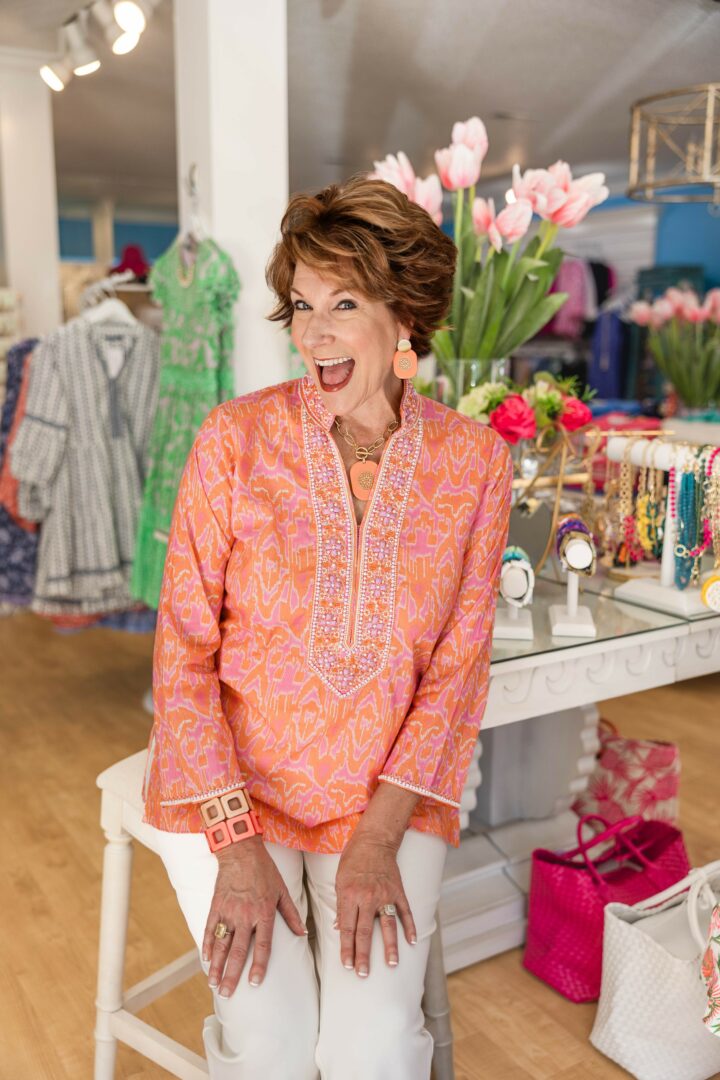
As a young girl in my teens, my dad—an entrepreneur in sales—introduced me to How to Win Friends and Influence People by Dale Carnegie. We’d read it together and talk about the power of connection and the importance of making others feel valued. One principle that stuck with me was his advice to walk into any room and make others feel important by asking them questions. That early lesson shaped the way I show up no matter what situation I find myself. Read More>>
Gina Maccarone
I’m often the only female surgeon in a room full of men—and the only one in pink. I’m blonde, I love fashion, and yes, I bring sparkle into the OR. Some people underestimate me before I speak. That’s fine. I’ve learned to let my skillset do the talking and my results do the convincing.
I don’t blend in; I stand out—intentionally. My presence proves that expertise comes in many packages, and mine just happens to come with pink scrubs and meticulous surgical technique. Read More>>
Ridhi Gutta

I was born in the epicenter of an Ebola outbreak. I stumbled across the fact one day when reading research articles searching for my next idea, and as I got older, I became obsessed with the question: Why are some diseases ignored while others get all the funding and attention? I started reading about vaccine inequality, then started teaching myself how to code so I could do something about it, but stepping into the world of STEM as a young girl of color wasn’t easy. Read More>>
Johnny Fentry Jr
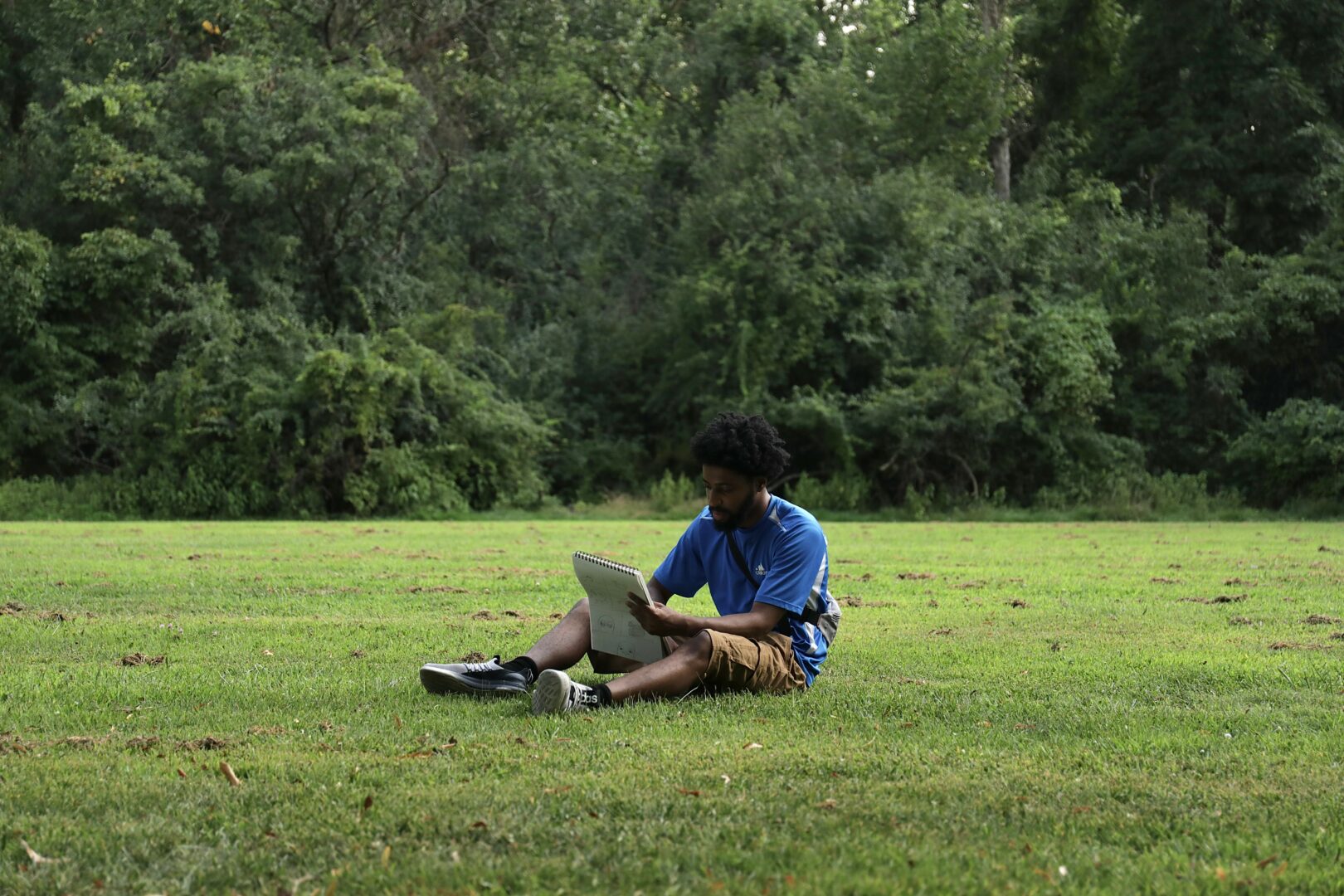
Wow… this is a great question. I haven’t been asked this before. But, I definitely have thought about it plenty of times. Being African American in the production industry, there are not a lot of people that look like me and I am the minority about 90% of the time. I’ve gotten asked the question before “How does it feel always being the only the black person?”. The simplest thing I can say is I have become a master at code switching. I usually can read a person within a few sentences said back and forth and can analyze what kind of person I’m dealing with and how to approach the conversation in an enjoyable and healthy matter for the both of us. Read More>>
Luke ATME
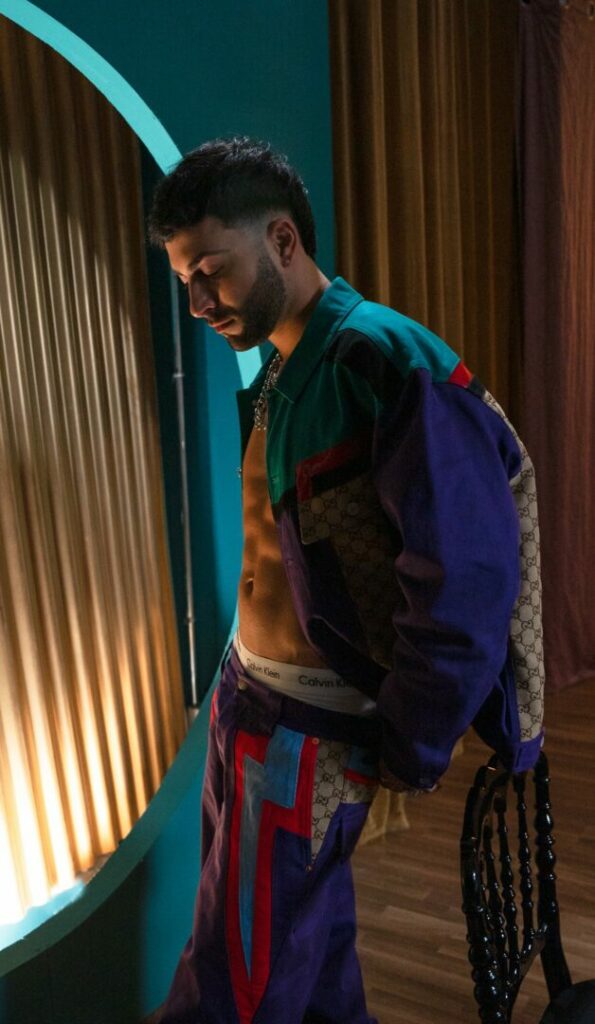
If there’s some sort of situation which I’m familiar with, is definitely that kinda of time when you look around and see there ain’t anybody else speaking your voice, thinking in your direction, or simply looking like you. I have always felt very extroverted in either my attitude or my style, going for insane looks, different grooves, crazy fits. At first when I was younger this made me feel uncomfortable, I was at times bullied for that, for being different, but nowadays I learnt to valorise myself, and this is where my artist name comes from: Luke ATME (look at me). Read More>>
Tiffany “UMI” Bellfield El-Amin
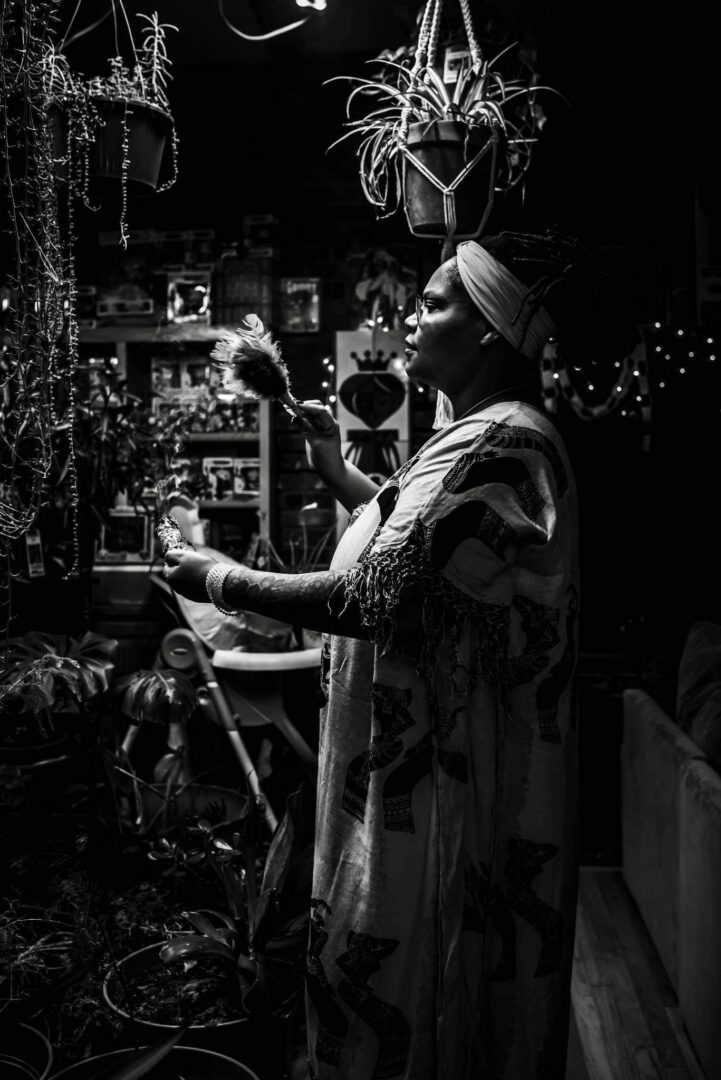
I have learned that this sense of resiliency and empowerment is a superpower of representation. As a child through my now 40th year of life I had to use it as a help rather than a hindrance. In my personal life as well as my professional life. My story of being the only WOMAN, the only ORIGINAL, the only APPALCHIAN, the only BLACK has been IMPACTFUL. The cost of that impact is the evidence of my success. Read More>>
Susie Black
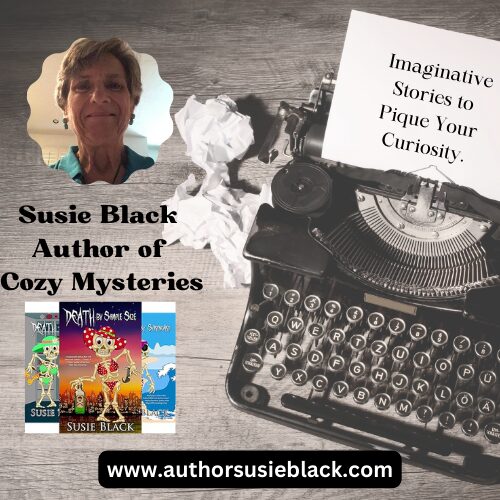
Post-college, I planned a career as a writer, but fate had other plans. A family crisis threw me into an improbable situation. Baptism by fire got me into the rag biz. I accepted a job working for my dad as a ladies’ apparel sales rep, traveling the deep Southern states. My life veered off in a completely different direction than I intended, and it would never be the same. Read More>>
Rham Fenton
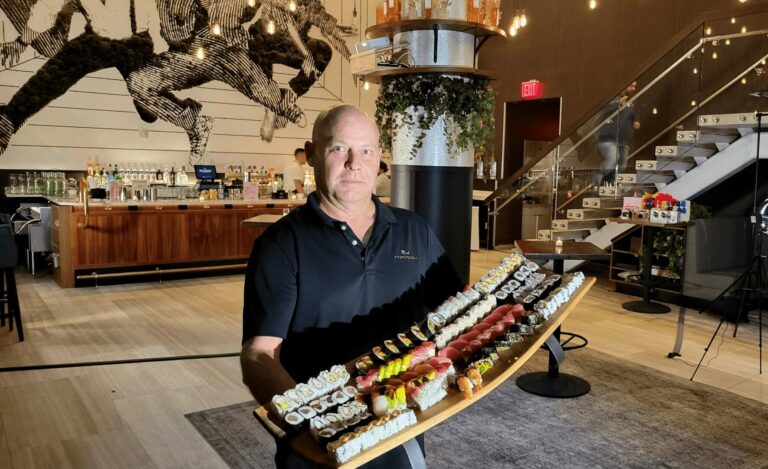
I have found strength in owning my perspective and identity. Being different gives me a unique lens to offer insights others might miss. Leveraging that perspective becomes a value-add rather than a barrier.Also rooms where I might be underestimated,a detailed preparation and early arrival can give me confidence and credibility I also use storytelling to humanize the experience, especially when advocating for inclusive change or a good evaluation.Success often comes not from fitting in perfectly, but from standing confidently in who you are, being strategic about when and how you show up, and building connections that remind me that I’m not alone. I do not follow traditional roads. I make my own. Read More>>
Fr3deR1cK Taylor
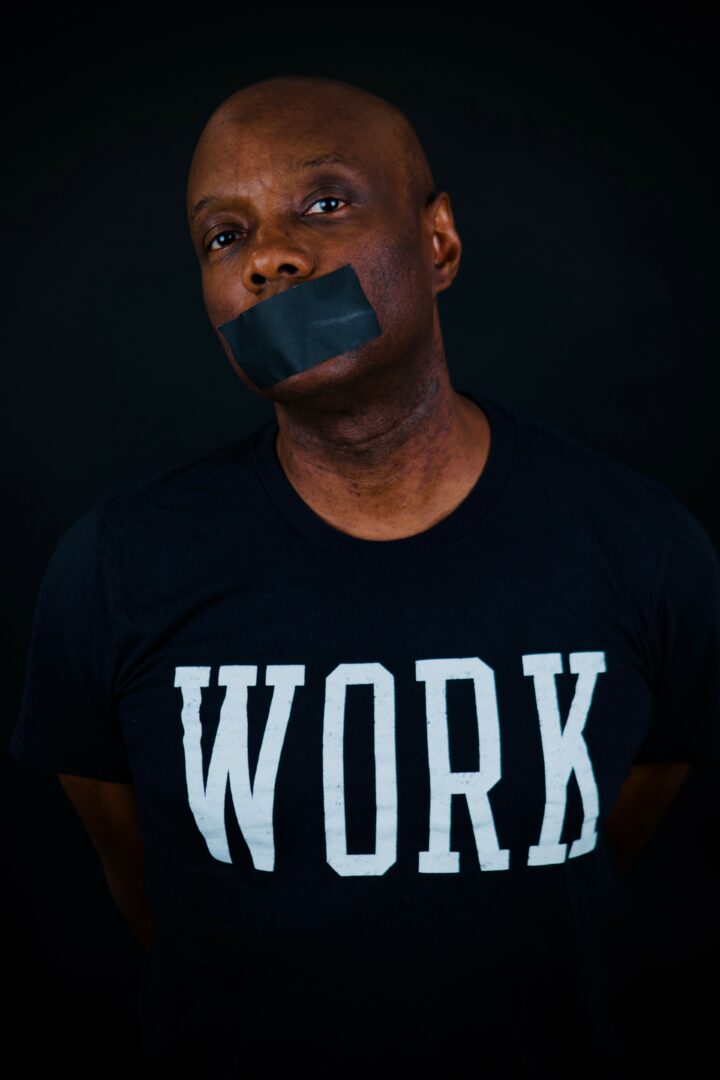
This is something that I think often about sometimes in my life. As a young kid never thought about it until adults and poorly socialized kids pointed it out, “Hey you are different?”
Funny thing it wasn’t always about what I was doing. It was about what I was saying that was different. Sometimes it is my clothes and in some cases it is the unique knowledge I have aquired in life. Read More>>
Patrick Ortman
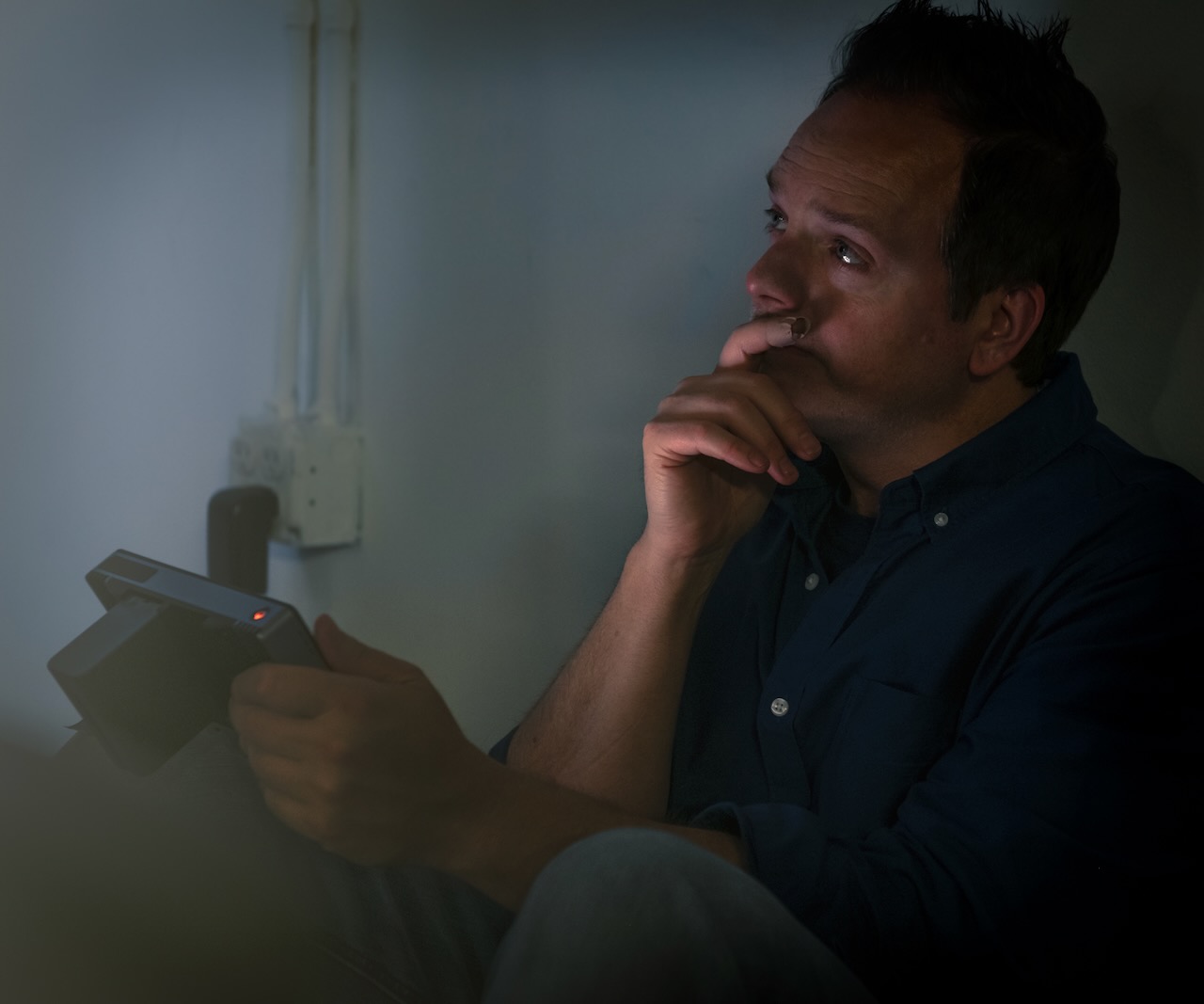
I’m usually the only person who looks like me in the room. I’m not talking physicality and appearance, although that’s sometimes true. It’s more about who I am. I love telling stories. I don’t easily fit in predefined boxes. My first agent was all “what kind of a director are you, choose one from this list…” And don’t get me started on agencies. Ad agencies can be like: “We need a comedy video about a penguin suffering from insomnia. All we see from you is a duck who suffers from gas.” And God help you if you dare to cross truly big boundaries. Which, you should as often as you can. Read More>>










